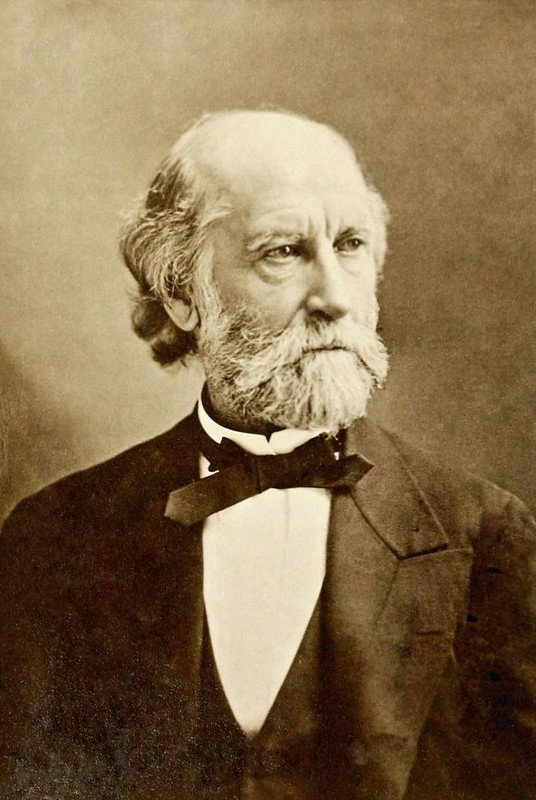 Lafayette Sabine Foster was born in Franklin, Connecticut on November 22. 1806. He received his early education in the local commons school and at the age of sixteen he began receiving private tutoring from a local scholar in preparation for his college studies. He entered Brown University as a student in February of 1825 and graduated several years later with the highest honors in his class.
Lafayette Sabine Foster was born in Franklin, Connecticut on November 22. 1806. He received his early education in the local commons school and at the age of sixteen he began receiving private tutoring from a local scholar in preparation for his college studies. He entered Brown University as a student in February of 1825 and graduated several years later with the highest honors in his class.
Following graduation, he briefly taught school in Providence before moving to Norwich to study law at the offices of Calvin Goddard, one of Connecticut’s most prominent attorneys. In 1831 he completed his law studies and was admitted to the New London bar later that same year. In addition to his dedication to his new profession as a lawyer he had also developed a keen interest in local and national politics. He became the editor for The Norwich Republican, a newspaper that avidly supported the ideals of the Whig Party.
Foster began his own political career in 1840 when he was elected to the Connecticut General Assembly. His natural leadership skills gained him the support and admiration of his colleagues who selected him as Speaker of the General Assembly in 1847. He was elected mayor of Norwich in 1850, serving the city for two years in that capacity before being elected to the United States Senate in 1854.
The Missouri Compromise passed by Congress in 1820 admitted Maine as a free state and Missouri as a slave state. It also stipulated that slavery would be prohibited in the territories north of the 36th parallel. The passage of the Kansas-Nebraska Act in 1854 effectively nullified this compromise and rekindled the conflict over the expansion of slavery. Senator Foster who had been on record since 1836 as a staunch abolitionist, formally opposed the Kansas-Nebraska Act in a spirited speech delivered on the floor of the Senate just two days after its passage.
The Kansas-Nebraska Act stated that the popular vote rather than the legislature would determine whether a state would be a free or slave holding state. This created an extremely tense political climate within the Kansas Territory with pro-slavery and abolitionists pouring in to establish residence within the proposed state. In 1858 pro-slavery advocates drafted the so-called Lecompton Constitution for the prospective state of Kansas that would legally permit slave holding.
To view images of Lafayette Foster and to read his passionate speech in opposition to the Lecompton Constitution delivered to the full Senate in March of 1858 visit the Otis Library’s Flickr page.
